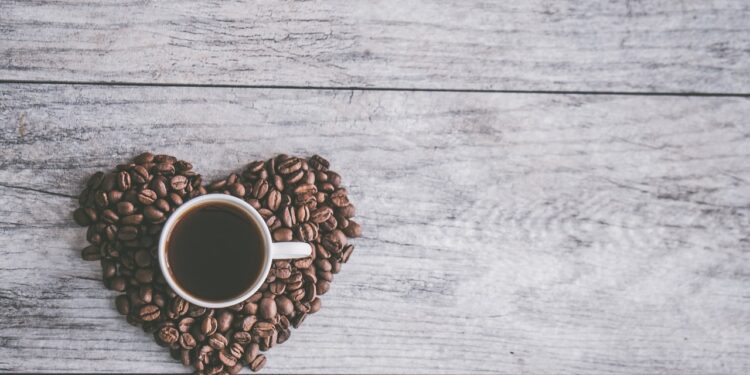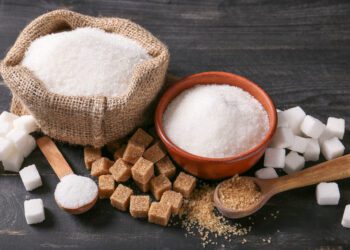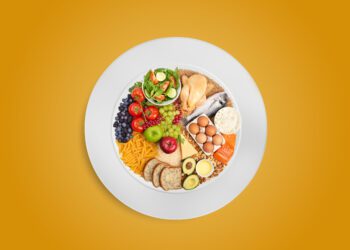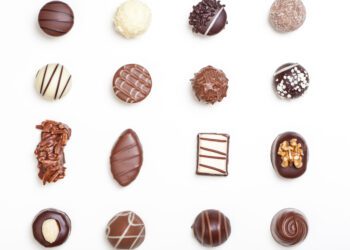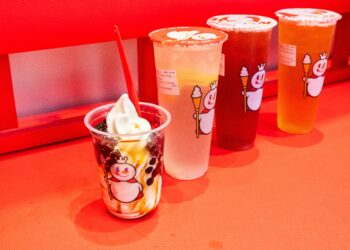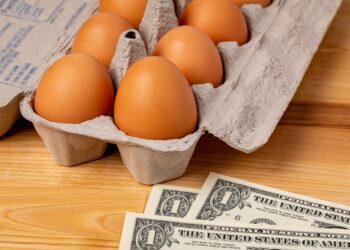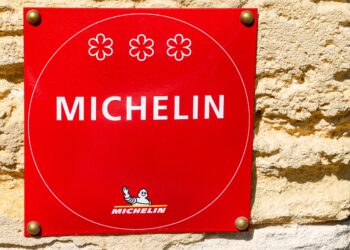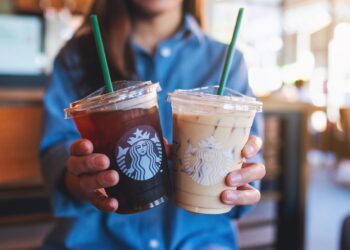CEO Jim DeCicco explains how the ready-to-drink coffee startup is eliminating sugar, doubling down on purpose, and fueling growth.
The number three bottled coffee drink in the US was first brewed in a college dorm. That was back in 2015, when Jordan DeCicco—the youngest of the DeCicco brothers—was a student–athlete at Philadelphia University (now part of Jefferson University) searching for a different kind of energy drink. When he couldn’t find it, he made his own, and soon partnered with middle brother Jake, who was a junior at Georgetown, and eldest brother Jim, a recent Colgate University graduate working on Wall Street. Today, Jim, 28, is CEO of Super Coffee, a startup with a US$500 million valuation; $55 million in sales in 2020 (up from $4 million in 2018); and big-name investors from Hollywood and professional sports such as Jennifer Lopez, Alex Rodriguez, and Aaron Rodgers.
Super Coffee isn’t just differentiated by its origin story. The brand (which is sold by parent company Kitu Life) has gained a loyal following by offering a health-conscious alternative to the traditional sugar-laden energy drink. Super Coffee is naturally sweetened with monk fruit; it is also organic and keto-approved, containing MCT oil from coconut and lactose-free protein. The DeCicco brothers, who all played high school and collegiate sports, are on a mission to reduce people’s sugar consumption. They feature a “counter” on their website that tracks the number of pounds of sugar (currently 4.4 million) removed from the American diet as a result of people choosing Super Coffee over a competitor.
The last few years have been marked by hyper-growth and increased visibility. In 2018, the brothers appeared on Shark Tank, but failed to make a deal; in 2019, they were named to Forbes’s “30 Under 30” list. Super Coffee now sells a variety of other products, including creamers, pods, and ground coffee, and continues to introduce new ingredients and flavors. (Jim DeCicco’s favorite? Smooth mocha, or, as he describes it, “the first out of the dorm room.”) The company recently moved its headquarters to Austin, Tex., and raised another round of funding. In an interview with strategy+business, DeCicco talked about growing and scaling the business, what he’s learned along the way, and what the company is planning for the future.
S+B: Entering a category with established players like Starbucks and Dunkin’, how did you differentiate your brand?
DECICCO: When we started in the dorm room, we really wanted to be the healthy alternative to the [ready-to-drink] Starbucks Frappuccino—but that bottle is on every shelf. We still have a long way to go. In the US, Super Coffee is still available to only 40% of consumers; the Frappuccino is available to 99% of consumers. People buy what’s there, whether they want to or not. We want to empower them with a choice.
We wanted to create something that tastes good, is good for you, and gives you energy. All the other products on the market just tasted good. We realized that we couldn’t ask our customers to sacrifice flavor for health—we wanted to provide both.
S+B: What was it like running the business in those early days?
DECICCO: There is a barrier to entry in the food and beverage industry. Stores will only carry your products if you have a distributor that delivers them, and distributors will only carry your products if you have stores that will bring them there. When we started, we had neither of those things. And manufacturing facilities require distributors and stores, as well, because there are minimum orders.
We started by making every product by hand. We found a makeshift bottling line in the back of an old Domino Sugar factory in Baltimore, which is ironic because our products are sugar-free. The owner rented us the space to use after his last shift ended at 8 p.m., and his first shift started the next day at 6 a.m. All the grocery stores in the DC area opened at six or seven in the morning, so we would make product all night, load it into the van, and we’d basically do rock paper scissors to see which brother would make the deliveries.
It was a grind. But it was the only way we could get started. We didn’t have money for other options. We controlled what we could control, and that was making the product, making the deliveries, and stocking the shelves. We learned quickly how to win in a grocery store because we were there every day—we wanted that premium placement.
S+B: You pitched your company on Shark Tank in 2017. Can you tell us a bit about that experience?
DECICCO: Shark Tank was our big break. We filmed 18 months after we started the company, so it was pretty early on. We were asking for $1 million for 10% of the business, and the previous year, our sales had been only $200,000. It was a ridiculous valuation—$10 million—at the time, and, ultimately, we didn’t get a deal with any of the sharks. We didn’t even get an offer. We were disappointed: as athletes, we felt like we were losing the national championship on television. But we were also motivated, so we got back to work.
The episode aired in February of 2018, and we used it to our advantage, building displays in stores, telling investors about it—the show introduced the brand on a national scale. When we closed our Series A [financing] in December of that year, we raised $15 million at a $50 million valuation.
S+B: Looking ahead three years, what is your vision for Super Coffee?
DECICCO: We recently raised another round of funding, and that’ll give us the capital to fuel the next three years of growth. And we want this brand to live on for decades after we’re done with it, whether that means partnering with large, established brands and putting it into their system, or going public.
By Brian Caisman and Laura W. Geller
Read the full interview at https://www.strategy-business.com/article/Super-Coffees-high-energy-disruption.

